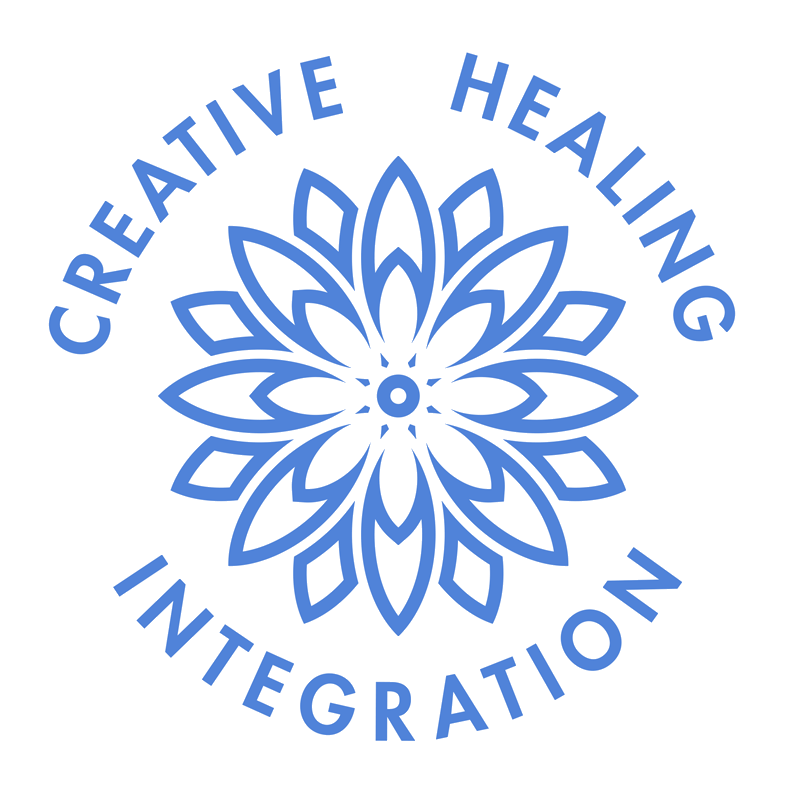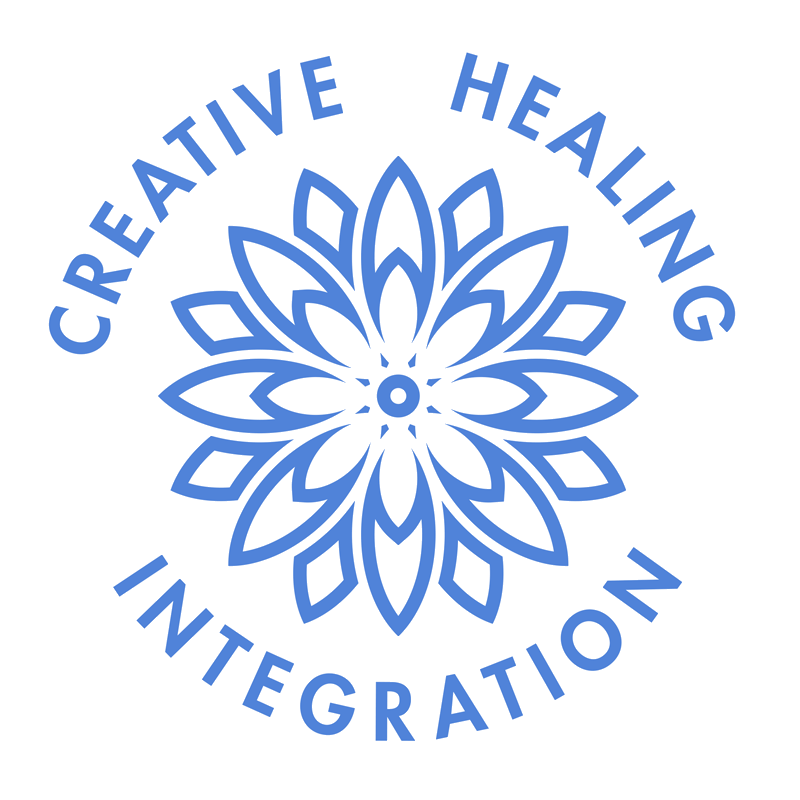Sons of Toxic Mothers

Mothers and daughters are often seen as a package deal, however, the Mother-Son relationship has complex dynamics that impact a man into adulthood. If you have been following my blogs, then you are aware that I work closely with women who were raised by critical mothers. Of course, sons are not exempt from the struggle daughters have faced. In fact, the impact boys deal with as a result of being raised by a critical mother determines how he interacts with others throughout his life.
Attachment style terminology is the same throughout the genders yet the presentation differs due to societal roles. Absent Mother Wound, Attacking Mother Wound, and Overbearing Mother Wound are all found in men just as they are found in women. However, the impact of these wounds on the masculine versus the feminine differs.
Men’s wound is similar to women’s but more complicated and less easy to access, mostly because boys learn early to protect and take charge, causing the wound to become very ego-syntonic. Meaning to men, it just feels like a part of them, their duty, and their role.
Come with me to dive deeper into the specific wounds that result in adult men due to a difficult, strained, absent, or overbearing relationship with their mothers. Or, a mother figure, if their mom was not present.

The Influence of the Mother
The way we are spoken to as children by the most important adults in our lives becomes how we speak to ourselves and how we perceive threats versus trust from new people.
There is a pattern that is consistent with the experience of an adult man than that of the adult woman: Lies serve to protect you, to hide your emotions, to please your mother, and to survive roughly in any situation.
After all, they are raised by and are living with the same person. Together, they experienced the classic “glare” of selfishness, dissatisfaction, and the need for control from their mother.
By suppressing the emotional needs of the child, almost from the very start, to place the mother’s own emotional needs as a priority, that child believes early on that showing feelings is not only disgraceful but also threatening.
A controlling mother always creates insecure attachments. In a relationship where the male child has not been validated emotionally, very often, he can show aggressive or hostile behavior. This is a characteristic that usually distinguishes them from the female children of controlling mothers.
In short, men need to be respected. This encourages them to feel comfortable being vulnerable to their own existence. Where girls need to be connected and liked, a boy needs to be respected.
Without this, fear continues to stay unconscious within them until adulthood. And even then, they will be perceived as the “Good Son.”
Now let’s look at the types of wounds as they are specific to men.
Big Little Man Mother Wound – Internal belief that if I have needs, I will disappoint others.
Tough Guy Mother Wound – Believes I am the only one that can do it, I don’t have to feel, that’s for sissies.
Abandoned One Mother Wound– Internal belief that I don’t matter, I don’t make sense, and I am ineffective.

Secure Attachment
Childhood Experience: Although no caregiver can be perfect all of the time, your needs were met consistently. Your thoughts and feelings were acknowledged, your personal space was valued and respected, and you knew someone was there if you needed them.
Adult Experience: You feel generally content in your life, work, and relationships. You are self-aware and comfortable feeling and expressing your emotions. Your social experience is easy and warm, and you’re able to build meaningful relationships, both romantic and platonic.
Ambivalent or Anxious Attachment
Childhood Experience: Your needs weren’t met in a reliable or dependable way. Whether physically or emotionally, you weren’t completely seen and nurtured. When you felt big feelings, you were often dismissed rather than receiving comfort and reassurance.
Adult Experience: You often feel paralyzed by a deep fear of abandonment and rejection. Low self-esteem and negative self-talk take up much of your mental real estate. Interpersonal relationships are challenging, and you often display a tendency towards clinginess.
Avoidant Attachment
Childhood Experience: You experienced neglect or abuse from your caregiver(s). When you looked for care and support, you were often punished, shamed, or dismissed. The neglect or abuse may have been physical, sexual, or emotional.
Adult Experience: On the outside, you come across as confident and self-sufficient. You experience your sense of worth from your achievements and success in life. You find it hard to let in emotional or physical intimacy and as a result, struggle to build healthy relationships.
Disorganized Attachment
Childhood Experience: You experienced a blurring of boundaries and a lack of clarity on your role as a child. The ways your caregiver(s) parented were inconsistent. While being a source of comfort, your parent was also a source of fear.
Adult Experience: Trusting others does not come naturally or easily. You’re inconsistent in the ways you connect with others and build relationships. You might suffer from mental health challenges, such as substance abuse, anxiety, or depression.
Seeing the impact laid out above can help us to dive into ourselves, observing how we have evolved with compassion. Acknowledging our mother was doing her best with the resources she had, while also being honest with the fact that you deserved more love and respect, helps us to move forward.

Outgrowing Boyhood
The signs of a dysfunctional mother-and-son relationship appear early on in the son's childhood. Such a relationship affects the brain development and cognitive abilities of the child, resulting in difficulty bonding and learning, unhealthy coping mechanisms, and attachment issues.
Men deserve to feel strong and respected, not as though they are children in their father’s business suits and shiny shoes. Of course, it is difficult to distinguish the way you truly see yourself from how you were told to see yourself, but this is crucial for growth and survival.
What do you find important in parenting? How do you plan to be different?
It could include letting your child explore their interests without making comments such as “Are you sure?” “Do it like this instead,” or “You’re doing amazing.”
These are minor instances that can distract a child while they are learning, inadvertently leading them to search for approval or direction instead of trusting their instincts.
Or it could be as major as “You cannot make a career out of art,” “There will always be stronger football players than you,” or “That’s not how the other baseball players look.”
These comments affect young minds in obvious, deeply painful ways, hindering self-esteem and self-confidence.
Think about a little boy who absolutely loved to sing but was always scolded for making too much noise, and making a fool of himself. He is told he'll never be seen as a man while prancing and to do their chores and man up. That child– depending if there is another significant adult who believes and supports that child’s singing thus countering their critical environment and affecting their self-belief– will begin to believe their voice and their dreams are not important, and that expressing yourself isn’t masculine.
Consciously, as someone who knows ourselves, we are able to stop the continuation of the inner critic and become the person we needed when we were young.

As tough as it may be hearing about the Mother Wounds, please know this is not the end. Not only do we need forgiveness in order to heal but understanding, love, and connection.
These wounds can be healed. We have the capacity and neuroplasticity in our brains and nervous system to change, update, and recover from early attachment wounds. We heal through what is called “Corrective Experiences”. This means we have new experiences of relating, responding, and being responded to that are genuine, caring, and honest. However, it does take work, time, and an investment in your well-being as these experiences need to be repeated over time.
The study of epigenetics has been shifting what we’ve known about human development. How? Simply put, epigenetics finds that our behaviors and environment can affect and change the way our genes work. Epigenetic changes are reversible and do not change your DNA sequence, however, they can change how your body reads a DNA sequence.
Meaning, what we were born with is not who we have to be, and this can be positive or negative. We humans are quite plastic and malleable, which is a very important thing to know. As children, we have NO control over our environment, as adults we have more, and with awareness and support, we can change how we feel and who we are on the inside.
So when we are mindful, meditate, go to therapy, create, express, and release, we are actively changing our DNA. We are re-wiring our brains, changing the energy in our bodies.

Conclusion
The journey to break a generational cycle isn’t easy, yet it is necessary and rewarding. Becoming self-aware is basically a superpower. It allows us to adapt, transform, and make ourselves into the person that we feel within. Our parents did their best to raise us with the tools they had, however, we aren’t them. We have different tools and the ability to take control of our lives, making a new focus.
Please don’t confuse my words with quick fixes. The first step is awareness. It always helps to begin to notice patterns, in yourself and in others. Notice how you feel before and after an encounter. Notice the choices you make; how do they make you feel? Are you getting what you need? Are your relationships reciprocal? Is there respect?
I am not asking for you to fix yourself and become a Superman for those around you. I am only striving to hold a space for you to be vulnerable in reflecting, to help restore the confidence and self-respect that you have deserved all along.


Sources:
Devin R. Burrill & Pamela A. Silver, Making Cellular Memories (2010).
Anna Lardone, Marianna Liparoti, Pierpaolo Sorrentino, Rosaria Rucco, et al., Mindfulness Meditation Is Related to Long-Lasting Changes in Hippocampal Functional Topology during Resting State: A Magnetoencephalography Study. (2018).


0 comments
Leave a comment
Please log in or register to post a comment